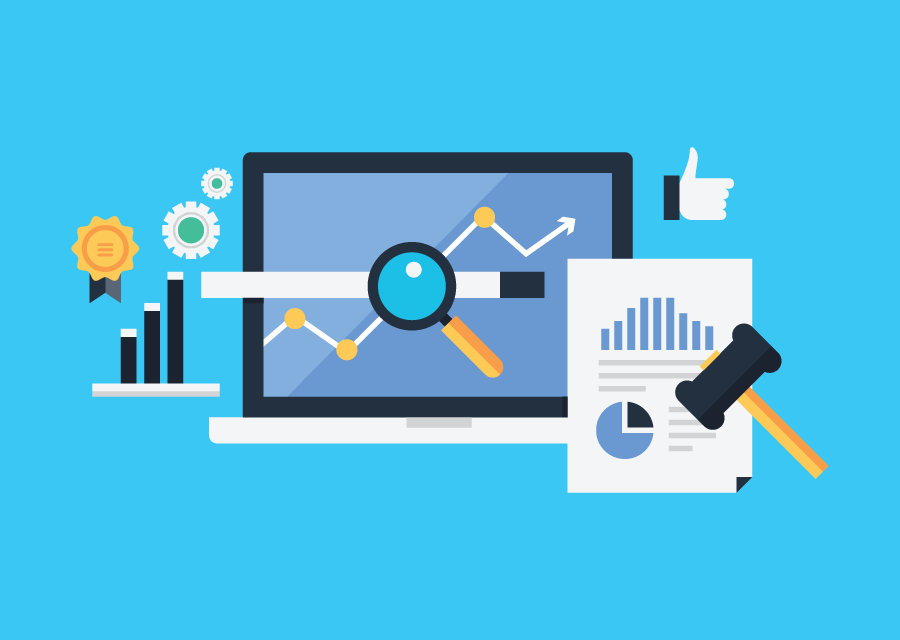HubSpot Lead Scoring: A Comprehensive Guide for Businesses
Introduction to HubSpot Lead Scoring
To put it simply, lead scoring is a buzzword that’s been echoing in the corridors of digital marketing for quite some time. So, what is it exactly? Lead scoring is a method used to rank prospects against a scale representing the perceived value of each lead to the organization. This technique plays an instrumental role in qualifying leads, boosting the productivity of your sales and marketing teams, and augmenting conversion rates. By helping you identify which leads are ripe for contact, and which need a bit more nurturing, lead scoring can significantly enhance your inbound marketing strategy.
The Importance of Data in Lead Scoring
In this digital age, data is king, and this fact couldn't be truer when it comes to lead scoring. Data points serve as the foundation for your scoring system, with points added to the score based on a host of factors, such as professional information, interactions with your brand, and even personal preferences. Ever wonder how a contact score is generated? It's all about how these individual pieces of data contribute to the overall lead score. It's akin to piecing together a puzzle - each piece, or in this case, data point, adds to the bigger picture.
Lead Scoring Models
As the saying goes, variety is the spice of life, and it's no different when we talk about lead scoring models. The models are based on a diverse set of criteria such as demographic information, company details, online behavior, email engagement, social media interactions, and even spam detection. Yes, you read that right! Spam detection also has a role in your lead scoring models. Some models even incorporate the explicit information that the lead provides, like job role or business size. The key takeaway? The more holistic your scoring system, the better the results you'll reap.
Determining the Most Significant Data
Deciding on the most relevant data points for your lead scoring system is a lot like finding the perfect ingredients for your grandma's secret recipe. It requires a collaborative effort between your sales and marketing teams, customer feedback, and, importantly, a solid grasp of data analytics. Just like each ingredient adds a unique flavor to the dish, each data point adds depth and insight to your lead scoring system. In essence, cherry-picking these data points can make all the difference between a generic lead scoring model and one that drives your conversion rate sky-high.
The Need for Multiple Lead Scores
Does one size fit all? Certainly not when it comes to lead scoring. As a business grows and starts to cater to a diverse audience, there arises the need for multiple lead scoring systems. Think of it this way, a high-value lead for your SaaS product might not necessarily be the best fit for your consulting services. Different scenarios call for different scores, and understanding this nuance is vital for an effective lead scoring strategy.
Implementing a Lead Scoring Model in HubSpot
Now that we've covered the nitty-gritty, let's dive into the heart of the matter: implementing a lead scoring model in your HubSpot account. As a leading HubSpot partner, ThinkFuel has the expertise and knowledge to guide you through this process. The key steps to setting up a lead scoring model in HubSpot involve determining your score properties, defining your score criteria, and assigning points based on those criteria. Stay tuned as we break down these steps in a future post.
The Power of AI in Lead Scoring
With the advent of AI, lead scoring has leaped into the future. AI enhances the efficiency of the lead scoring system, allowing sales reps to prioritize leads more effectively. This predictive lead scoring mechanism uses historical data to predict future behavior and automatically updates lead scores based on changing patterns. Remember the crystal ball from fairy tales? This is the modern, data-driven equivalent!
Conclusion
In conclusion, a well-crafted lead scoring model is indispensable for any business leveraging inbound marketing. It's a game-changer that can supercharge your sales and marketing efforts, helping you identify and focus on leads that have the highest potential to convert. Remember, your leads are like gold nuggets. Just like a skilled prospector would sift through gravel to find them, you need an effective lead scoring model to unearth these valuable prospects.
FAQs
1. What is lead scoring?
Lead scoring is a technique used to rank prospects based on their perceived value to the organization.
2. How is data used in lead scoring?
Data points are used to generate lead scores. Points are added to the score based on various factors such as professional information and brand interactions.
3. What are lead scoring models?
Lead scoring models are systems based on a set of criteria such as demographic information, company details, and online behavior, which determine the lead score.
4. Why do we need multiple lead scores?
As a business caters to a diverse audience, there arises the need for multiple lead scoring systems. Different scenarios call for different scores.
5. How is AI used in lead scoring?
AI enhances the efficiency of the lead scoring system, allowing sales reps to prioritize leads more effectively. This is achieved through predictive lead scoring mechanisms.
6. What is the significance of a lead scoring model?
A well-crafted lead scoring model helps identify and focus on leads that have the highest potential to convert, thus enhancing the effectiveness of sales and marketing efforts.
Table of contents
Share this
You May Also Like
These Related Stories

A Guide to HubSpot Lead Scoring

Domain Authority – Simply Put In Less Than 100 Words
